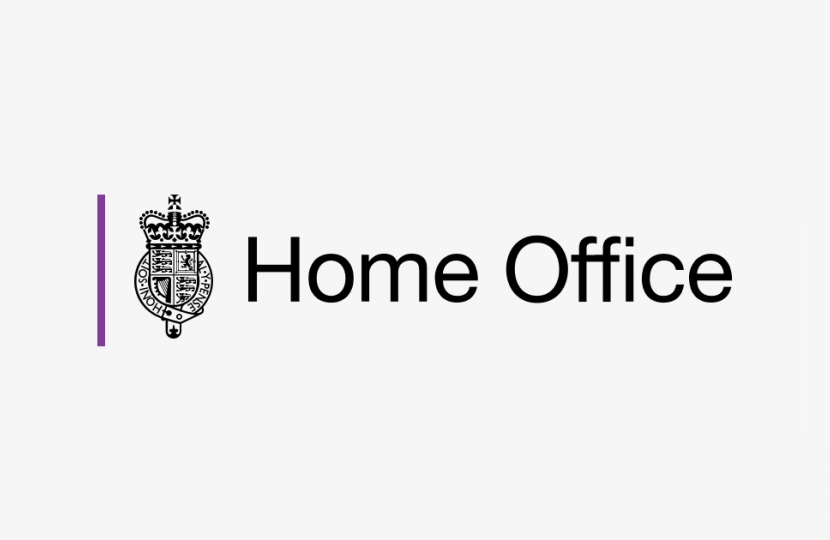
It has been an excellent experience serving as Whip for the Public Order Bill, which I will be helping to take through the House of Commons and the House of Lords in the coming weeks.
The right to protest is something which I fundamentally respect, but the public cannot be hindered from going about their daily business by activists engaging in acts of vandalism such as glueing themselves to roads or blocking oil terminals. This new legislation will ensure a proper balance between the rights of the people to exercise their freedom of speech and the rights of people to conduct their affairs without impediment.
Key Points
- The Home Secretary has reiterated that the right to protest peacefully, for people to exercise their rights to freedom of speech and assembly, is a cornerstone of the UK’s democratic values and will always be defended by the Government (Priti Patel, Written Statement, 11.05.22).
- Ministers have stated that the rights of protesters must be balanced with the rights of the general public to go about their daily lives free from serious disruption or harm (Priti Patel, Written Statement, 11.05.22).
- A recent YouGov poll found that 63 per cent of the general population supported making it a criminal offence for protesters to chain, lock, glue or otherwise attach themselves to a building, structure or road in a way that could cause serious disruption (YouGov, Article, 16.03.22).
- The Public Order Bill builds on the public order measures in Part 3 of the Police, Crime, Sentencing and Courts Act, which, amongst other things, updates the powers in the Public Order Act 1986 enabling the police to impose conditions on a protest (Priti Patel, Written Statement, 11.05.22).
- Due to the prevalence and extent of protest activity in recent years, the Government is increasingly concerned about the associated cost for police forces. For example, in 2022, Just Stop Oil has cost the police £5.9 million in a matter of months (Home Office, Public Order Bill – Factsheet, 11.05.22).
- The Public Order Bill seeks to introduce a number of new offences related to ‘locking-on’, ‘going equipped to lock-on’, obstructing major transport works, and interference with key national infrastructure (Home Office, Public Order Bill – Factsheet, 11.05.22).
- Serious Disruption Prevention Orders (SDPOs), a new preventative court order, will be introduced through the legislation. This is aimed at tackling repeated highly disruptive protester behaviour (Priti Patel, Written Statement, 11.05.22).

